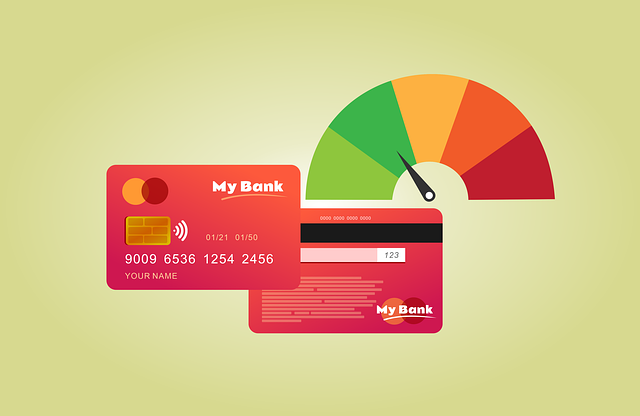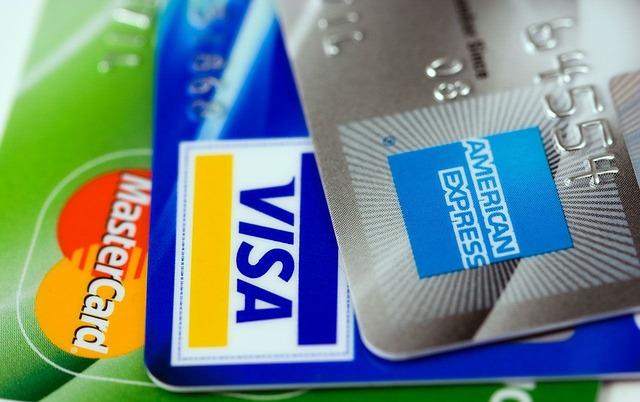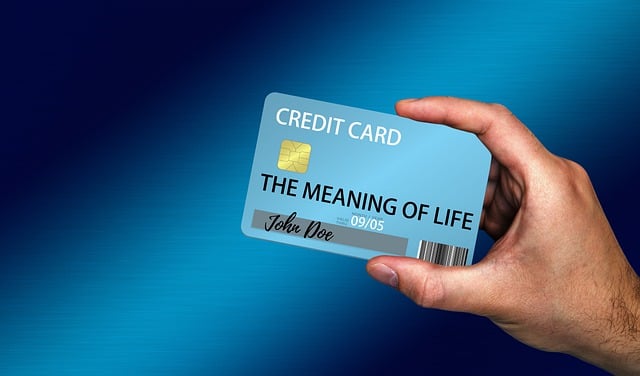In South Africa, improving your Credit Risk Score (CRS) within 30 days is achievable by focusing on three key areas: timely payments, managing debt levels, and reviewing credit reports for errors. Quick actions like disputing inaccuracies and ensuring on-time bill payments can enhance creditworthiness significantly. Building a positive history through responsible financial habits and maintaining low credit utilization rates are effective strategies for boosting your score over time, fostering better financial opportunities. Regular credit report checks are crucial to identifying and correcting mistakes promptly.
Looking to improve your credit score quickly? This 30-day challenge is tailored for South Africans eager to take control of their financial health. Discover proven strategies to boost your creditworthiness in a month or less. From understanding credit score fundamentals to implementing simple changes and building positive history, this guide offers actionable tips. Learn how to identify and address common deterrents, dispute errors, and maintain momentum for sustained improvement.
- Understanding Your Credit Score: The Basics for South Africans
- Identifying and Addressing Common Credit Score Deterrents
- Quick Wins: Simple Changes to Implement Within a Month
- Building Positive Credit History: Effective Strategies
- Regularly Checking and Disputing Errors in Your Credit Report
- Maintaining Momentum: Long-term Tips for Sustained Credit Improvement
Understanding Your Credit Score: The Basics for South Africans

In South Africa, understanding your credit score is crucial for financial stability and access to loans and opportunities. A credit score, often denoted as a Credit Risk Score (CRS), is a numerical representation of your creditworthiness based on your borrowing and repayment history. It’s calculated by credit reference bureaus using data from your credit report, which includes information about your accounts, payments, and any negative events like defaults or court judgments.
While improving your credit score takes time and consistent effort, there are quick actions you can take to see an improvement within 30 days. These include checking your credit report for errors, making payments on time, reducing debt levels, keeping old accounts open, and avoiding new credit applications. By implementing these strategies, South Africans can start their 30-day challenge towards a higher credit score and better financial prospects.
Identifying and Addressing Common Credit Score Deterrents

Many South Africans strive to improve their credit scores, often for accessible loans or better financial opportunities. Identifying and addressing common deterrents is a crucial first step in this journey. One of the primary factors that influence your credit score is payment history. Ensuring timely payments on all accounts, from credit cards to utility bills, can significantly boost your score quickly. Delinquent or missed payments can have a lasting negative impact.
Another key aspect is managing debt levels. High credit utilisation, which occurs when your outstanding balances approach or exceed your available credit limits, can drag down your score. Credit issuers prefer to see low debt-to-credit ratios. Therefore, paying down debts and maintaining balanced credit utilisation can help in how to increase credit score quickly. Additionally, reviewing your credit report for errors or inaccuracies is essential; disputes can correct these issues, improving your overall score.
Quick Wins: Simple Changes to Implement Within a Month

Boosting your credit score in 30 days is an achievable goal with the right strategies. One effective approach is to focus on quick wins—simple changes that can yield significant results within a month. Start by reviewing your credit report for any discrepancies or errors and dispute them immediately. This ensures accuracy and can positively impact your score.
Additionally, make sure you’re paying all your bills on time. Late payments can significantly damage your creditworthiness. Set up reminders or automatic payments to ensure timely transactions. Consider also reducing your credit card balances—aim to lower your utilization rate below 30%. Even small adjustments can lead to a substantial improvement in your credit score over a month.
Building Positive Credit History: Effective Strategies

Building a positive credit history is a crucial step in improving your credit score quickly. One effective strategy is to ensure timely payments. Making all your bills, including credit card statements and loan repayments, on time can significantly boost your creditworthiness. Setting up automatic payments or reminders can help you stay consistent.
Another key strategy is to keep your credit utilisation low. This refers to the amount of available credit you’re currently using. Aim to maintain a balance below 30% of your credit limit. For instance, if you have a credit card with a R10,000 limit, try to keep your spending below R3,000. You can achieve this by tracking your expenses and making intentional purchases within your means. Additionally, diversifying your credit mix by having a combination of credit types (like credit cards, personal loans, or a mortgage) can positively impact your score.
Regularly Checking and Disputing Errors in Your Credit Report

Regularly checking your credit report is a crucial step in the quest to boost your credit score quickly. South Africans should make it a habit to review their reports at least once every quarter, as this enables them to identify any errors or discrepancies. Credit reporting agencies are not infallible, and mistakes can happen, such as incorrect information about missed payments, open accounts you didn’t authorize, or even identities stolen in your name. Promptly disputing these errors with the relevant credit bureau is essential, as it helps rectify your report and can significantly impact your credit score.
By challenging inaccurate data, you demonstrate responsibility and urgency in improving your financial standing. This process involves gathering evidence to support your dispute, such as payment records or identification of fraudulent activity. Once submitted, the credit bureau will investigate, and if they find the information to be incorrect, they’ll remove it from your report, potentially leading to an immediate improvement in your credit score.
Maintaining Momentum: Long-term Tips for Sustained Credit Improvement

After successfully completing a 30-day challenge to improve your credit score, maintaining momentum is crucial for sustained progress. While quick wins are satisfying, building and repairing credit is a long-term commitment. To continue enhancing your credit score, focus on consistent, responsible financial habits. Pay all bills on time; this includes credit cards, loans, and utilities. Create a budget to track expenses and ensure you’re spending within your means. Additionally, regularly review your credit report for errors or discrepancies and dispute them promptly with the relevant credit bureau.
To increase your credit score quickly over time, consider diversifying your credit mix by applying for different types of credit responsibly. This could include a secured credit card, which requires a deposit but can help build a history of responsible borrowing. Alternatively, maintain low credit utilization; aim to keep your credit card balances below 30% of your available credit limit. Additionally, avoid closing old credit accounts, as this can negatively impact your average account age, a factor that contributes to your overall credit score.
Improving your credit score can be a challenging task, but with dedication and the right strategies, it’s achievable in 30 days. By understanding your credit score fundamentals, identifying and addressing deterrents, implementing quick wins, building positive history, regularly checking your report for errors, and maintaining momentum, you can significantly enhance your creditworthiness. Remember, rapid improvements might not be sustainable, but with consistent effort, you can set yourself up for long-term financial success in South Africa. Embrace this challenge and take control of your financial future today!

